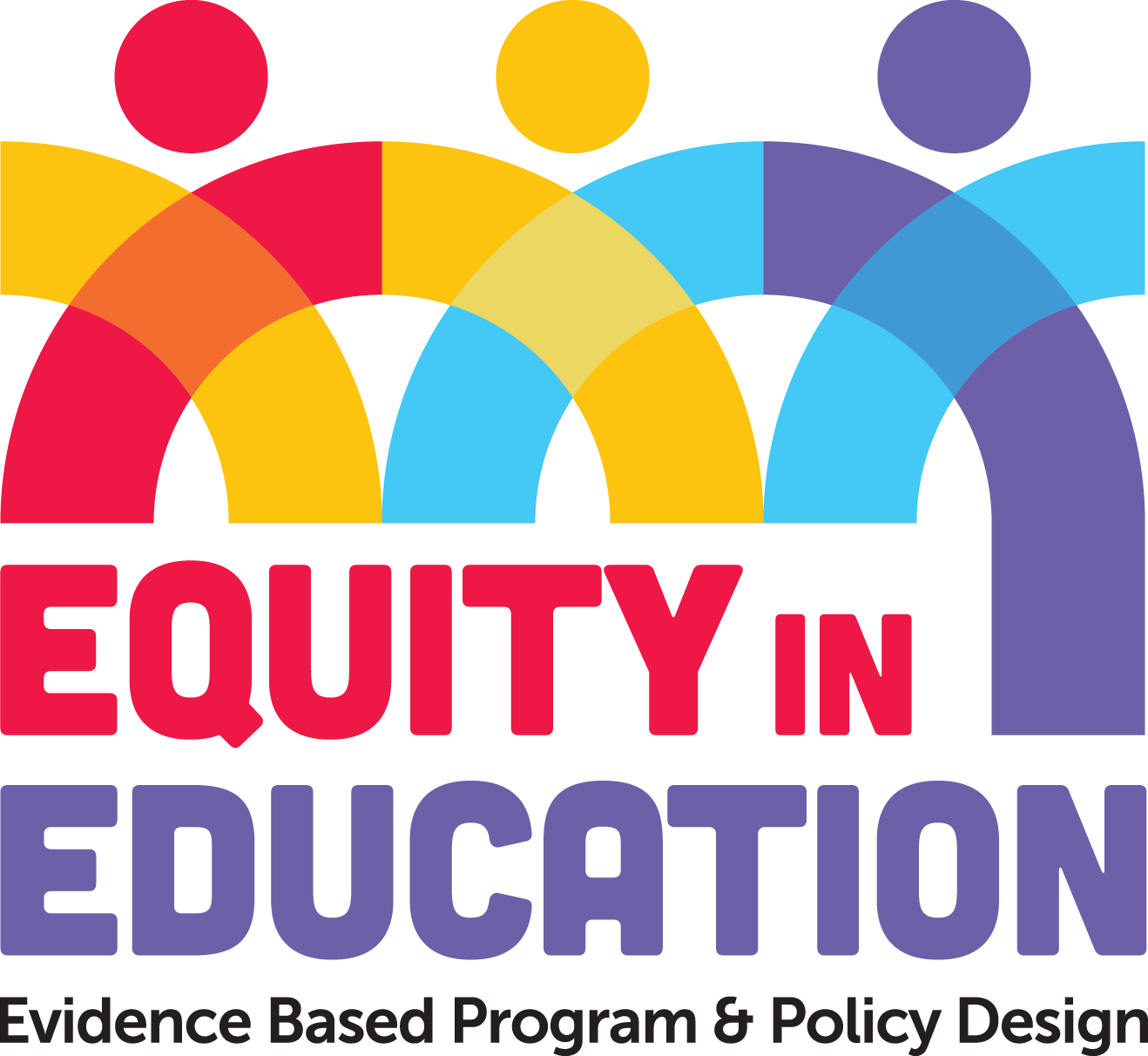Assessing the outcomes of distance-education graduates
As COVID-19 complicates planning and budgeting, revenues from virtual learning can provide a lifeline as universities and colleges prepare for post-pandemic education.
The widespread shift to virtual learning due to COVID-19 has garnered an equally widespread backlash, with many decrying the drawbacks of non–face-to-face learning. Yet given the expanded options distance education offers for learners facing time and physical constraints, the virtual learning infrastructure put in place to respond to the pandemic offers an opportunity to reconsider the very nature of postsecondary credentialling.
To that end, the data examined in our report indicates that earnings outcomes for distance-educated graduates is no different from that of graduates educated in traditional in-person degree programs. They are also no more likely to suffer from underemployment than their in-person schooled counterparts. Though preliminary, these findings should give policymakers more confidence about continuing to make higher education more flexible, modular, and accessible.



